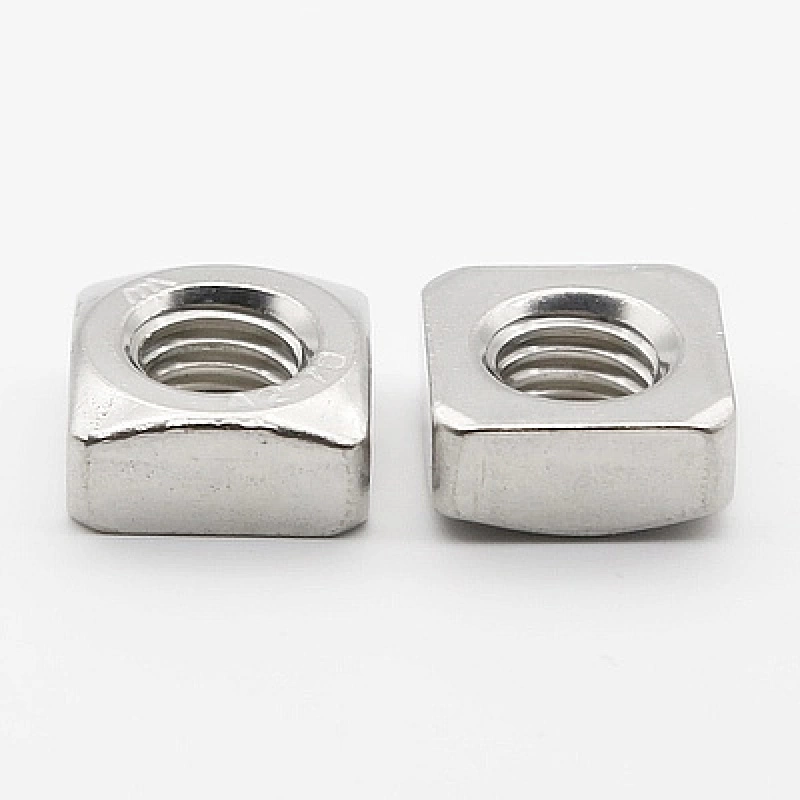

self tapping cladding screws
Nov . 22, 2024 00:08 Back to list
self tapping cladding screws
Self-Tapping Cladding Screws An Essential Tool for Modern Construction
In the world of construction and building projects, every detail matters. One of the often-overlooked components that can significantly enhance the efficiency and durability of structures is the self-tapping cladding screw. These screws are designed for fastening cladding materials to various substrates, streamlining the construction process and ensuring a secure, long-lasting fit. This article will explore the features, benefits, and applications of self-tapping cladding screws, making them an essential tool in modern construction techniques.
What are Self-Tapping Cladding Screws?
Self-tapping cladding screws are specialized fasteners designed to create their own thread when driven into materials. Unlike traditional screws, which require a pre-drilled pilot hole, self-tapping screws can penetrate a wide range of substrates—from metal to wood—without additional drilling. This feature not only saves time but also reduces labor costs, making them a preferred choice for contractors and builders.
Typically, these screws are made from durable materials such as stainless steel or galvanized steel, providing excellent corrosion resistance. Many self-tapping cladding screws come with a sharp point and a coarse pitch thread, ensuring they can easily penetrate and grip the cladding material while accommodating thermal expansion and contraction.
Benefits of Using Self-Tapping Cladding Screws
1. Efficiency and Speed One of the primary advantages of self-tapping cladding screws is the time-saving aspect. Because they do not require pre-drilling, contractors can install cladding materials rapidly, completing projects more quickly. This efficiency is especially vital in large-scale construction or renovation projects.
2. Versatility These screws are versatile, able to secure a variety of cladding materials including metal panels, wood, and composite materials. Their adaptability makes them suitable for various applications, from residential buildings to commercial structures.
3. Cost-Effective By eliminating the need for pilot holes, builders reduce labor costs. Additionally, the longevity and corrosion resistance of high-quality self-tapping screws mean fewer replacements and repairs over time, resulting in long-term savings.
4. Strong Hold Self-tapping cladding screws are designed to create a solid bond with the materials they penetrate. This strong hold is crucial for ensuring the structural integrity of the cladding, especially in areas prone to high winds or severe weather conditions.
self tapping cladding screws

5. Reduced Risk of Damage Since self-tapping screws do not require pre-drilling, there is less risk of damaging the cladding materials during installation. This is particularly important when working with delicate materials that require careful handling.
Applications of Self-Tapping Cladding Screws
Self-tapping cladding screws find applications in various sectors within the construction industry. Some of the most common uses include
- Metal Cladding These screws are widely used for attaching metal cladding panels to steel or wooden frames. Their ability to penetrate metal surfaces without pre-drilling makes them ideal for quickly securing panels without compromising durability.
- Wooden Structures In wooden constructions, self-tapping screws can be used for attaching siding, especially in projects where rapid assembly is required. They provide a secure hold, accommodating the natural expansion and contraction of wood.
- Composite Materials With the growing popularity of composite cladding materials, self-tapping screws offer a reliable fastening solution that enhances the overall performance of the cladding system.
- Renovation Projects Whether working with existing structures or updating exteriors, self-tapping screws facilitate the quick and efficient installation of new cladding materials, making them ideal for renovation projects.
Conclusion
Self-tapping cladding screws are a vital component in the modern construction toolkit. Their innovative design and advantages—such as efficiency, versatility, cost-effectiveness, and strong holding power—make them essential for various applications. As the construction industry continues to evolve, these screws will likely maintain their importance, enabling builders to complete projects more effectively while ensuring the highest quality of workmanship. Investing in self-tapping cladding screws is a wise choice for any construction professional aiming to enhance their projects' reliability and longevity. Whether you are a contractor or a DIY enthusiast, understanding the benefits of these screws can lead to better building practices and improved overall outcomes.
Latest news
-
Hot Dip Galvanized Bolts-About LongZe|High Strength, Corrosion Resistance
NewsJul.30,2025
-
High-Strength Hot Dip Galvanized Bolts - Hebei Longze | Corrosion Resistance, Customization
NewsJul.30,2025
-
Hot Dip Galvanized Bolts-Hebei Longze|Corrosion Resistance&High Strength
NewsJul.30,2025
-
High-Strength Hot-Dip Galvanized Bolts-Hebei Longze|Corrosion Resistance&High Strength
NewsJul.30,2025
-
Hot Dip Galvanized Bolts-Hebei Longze|Corrosion Resistance&High Strength
NewsJul.30,2025
-
Hot Dip Galvanized Bolts - Hebei Longze | Corrosion Resistance, High Strength
NewsJul.30,2025

